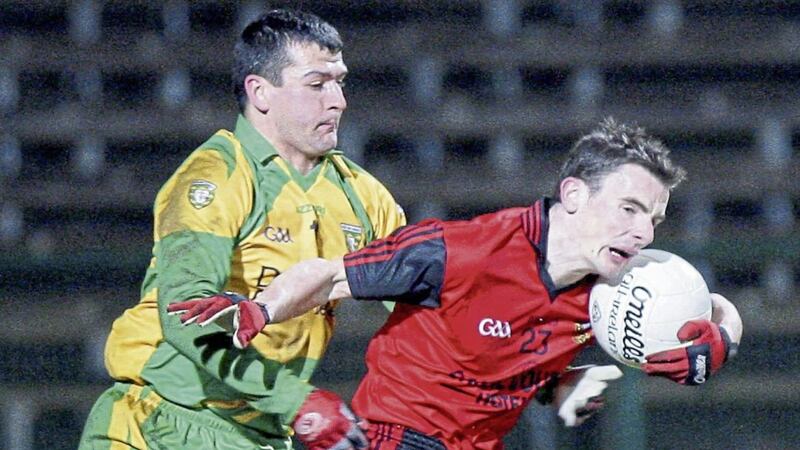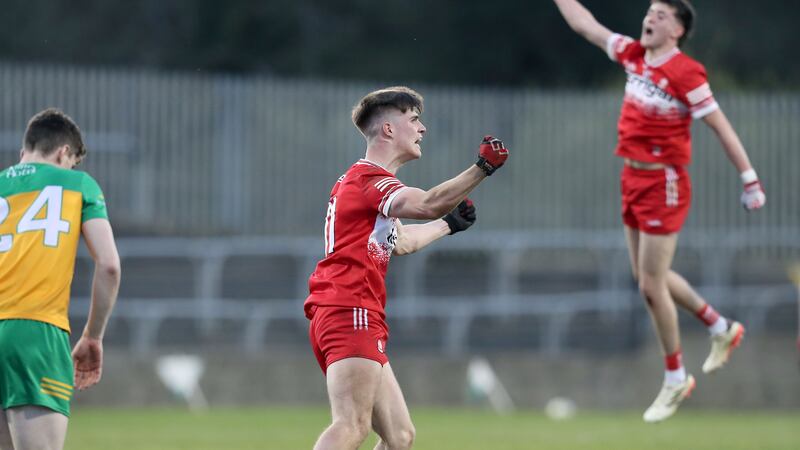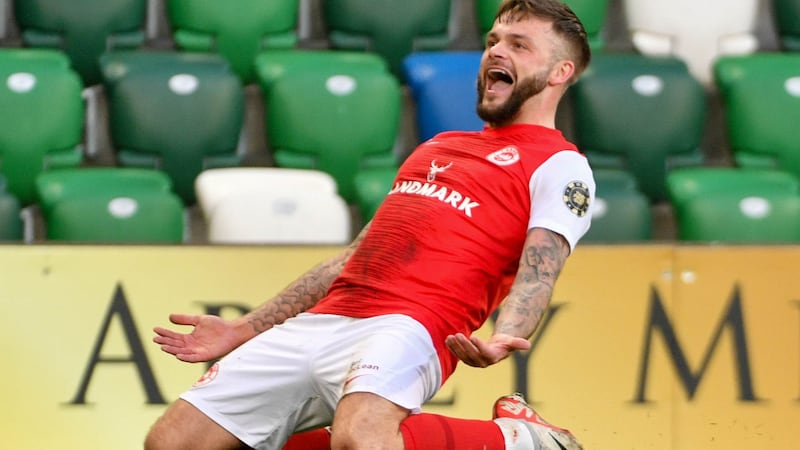IT is a strange time of the year for many players. Club training will have started or, if not, it soon will. The ironic aspect of pre-season training is the fact that most professional soccer teams take four to six weeks as a ‘blocked out’ period to ready themselves for a full season.
For many Gaelic football and hurling teams, this was pretty normal in the past, however, since the early noughties, readying oneself for the season ahead has become a process which will get underway around three to four months prior to the first League game.
Are we in danger of burning ourselves out too early? Absolutely.
Way back in 2016, Dr Patrick Carton of Waterford’s Whitfield Clinic, a specialist in hip and groin injuries, stated that the average age of patients undergoing surgery had dropped from 31 to 26 years old.
Carton also estimated that the cases he saw vary substantially but, in an average year, 75 per cent of his cases relate to GAA associated injuries, compared to 10 per cent in soccer and six per cent in rugby.
Having had surgery myself in the hip and groin area, I can testify that I certainly never expected to go through such an invasive process, nor was I prepared for the legacy this surgery would leave in its wake.
Unlike a hamstring injury or perhaps knee or ankle damage, when you can most likely trace the trauma to an immediate impact or movement, hip and groin injury tends to become a chronic problem gradually over time.
It can become extremely difficult to pin-point a particular incident in which this type of injury occurs which, in a way, is even more frustrating.
I have experienced a torn hamstring and tendinitis of the knee (all after the age of 30, might I add) at the tail-end of my career. Yet these paled into insignificance in comparison to hip and groin problems.
I can remember vividly the weekend I experienced a turning point in my inter-county career.
We had a training weekend planned two weeks prior to the 2012 Ulster final with a challenge match scheduled against Sligo.
It was a poor match and very often these games lack the intensity of an inter-county game.
I felt sluggish, but blamed the journey down the country to county Cavan.
I felt a sharp pain during the second half, almost as if someone had stabbed me in the lower abdomen and an intense burning sensation continued for the remainder of the day and entire weekend. It never eased.
That match was the last time I started for Down. That burning sensation remained morning, noon and night. I couldn’t even accelerate to half-pace such was the intense pain. Daily, I ate anti-inflammatories, painkillers and had a number of cortisone steroid injections into the lower stomach area.
I exhausted every avenue to be ready for the Ulster final against Donegal and, although I came on with 20 minutes to go, the match had slipped away from us, Frank McGlynn (left) finishing off a typically fluid Donegal attack with a goal.
I felt some way off the pace, despite having pleaded and convinced the management team that I could still play a part in the game.
Donegal players were flying off my shoulder and, for me, I can only describe the particular environment I entered that day as war-like, akin to the allied troops landed on the beaches of Normandy.
There was something about the way Donegal played and the intensity they brought in that particular game which was different.
Perhaps it was the injury, but you felt that they had taken it to another level and they proved as much later in the year, winning an All-Ireland.
Anyway, the end result was that I had two options: one; take the chance and rehabilitate the injury by a combination of core exercises and complete rest; two: go for an operation and take a period of 12 weeks to rehab back to normal.
Being the impatient person I am, I opted for the operation and with the surgery being a ‘new’ method of treatment, I willingly pushed for the op as I desperately wanted to get back onto the field.
Foolishly, in my mind at the time I felt that by getting back on the field to something I truly loved and obsessed about would somewhat solve a lot of off-field anxieties I was experiencing within my life.
In hindsight, there was no ‘on-field’ solution to those concerns.
Every player or sportsperson needs perspective. When we lose that perspective, we, as human beings, make mistakes.
What I think I needed at the time was someone telling me to step back from it all, be it a physio or therapist and start again.
Whether I would have listened or not is another thing. But I do regret training as hard as I did later in my playing life.
I also regret at times playing when I shouldn’t have – playing the hero, playing on despite not being right. I just couldn’t say the word ‘No’ and I’m not even referring to the team or the manager – rather to myself.
It would wind me up when other lads pulled out in a warm-up of a game or spent weeks on the physio bench protecting themselves. In the end, they are the ones playing on today, still injury-free.
When I reflect on it, I trained obsessively and unhealthily. I know quite a lot of other players who did the same.
I am sure there are other players out there, maybe younger, who are going through the same process now. Bad habits and all that.
My regret is that I should have trained smarter, not harder.
I remember pushing sleighs in early January 2012, loaded with 60kgs across a car park, in driving winter rain. Turning 30 years old in February of the same year, I needed that type of training like I needed a hole in my head.
What was the point at that stage in my football life? When I think of it, I was naïve, stupid and too bloody stubborn. Be the hero. Be first. Never bluff.
I can say for sure, with confidence, my personality type contributed more than anything to injuries over the years.
Not wanting to be misrepresented as being cynical, inter-county football and hurling is brilliant, but when you are injured and unable to contribute at that level, it is a pretty lonely place.
Inter-county football will eat you up and spit you out. That’s the game at that level. No-one owes you anything.
Accept that for what it is and take my advice. Train smarter, not harder.
Don’t lose sight of the fact that you train to play football, not the other way round.








